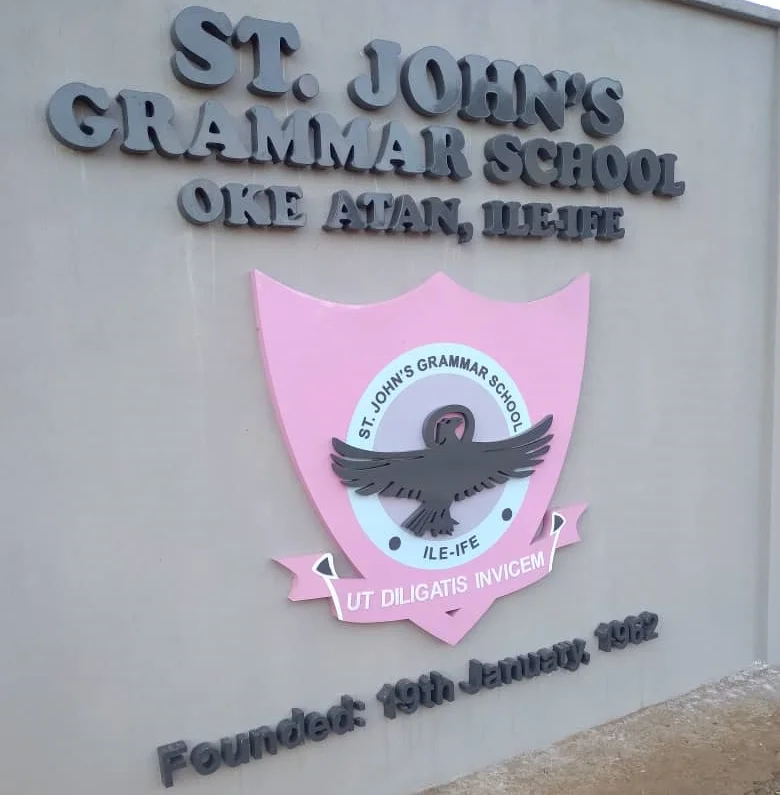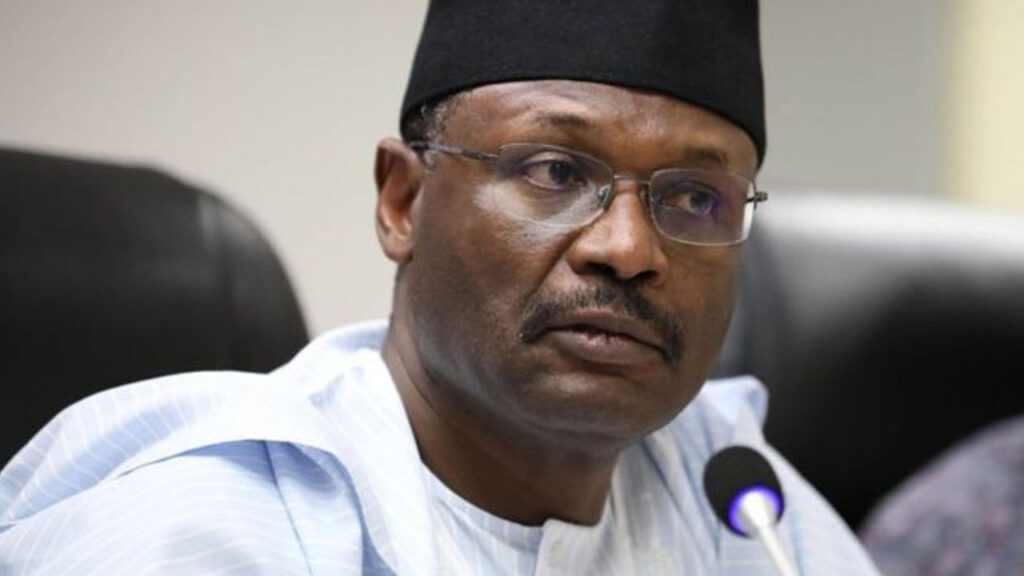
To address power supply challenges, grow private sector developer footprint, improve service to customers, and cut carbon emissions, utility-enabled distributed energy resources, Rocky Mountain Institute (RMI), and the Global Energy Alliance for People and Planet (GEAPP) have presented a unique opportunity for Nigeria.
The duo unveiled a comprehensive roadmap which indicates an over 20 Gigawatt (GW) market opportunity in Nigeria through rapid expansion of utility-enabled distributed energy, especially renewables and batteries, over the next 10 years.
The report was launched in Lagos during a high-level GEAPP, Rockefeller Foundation, and SEforAll delegation visit of Nigeria’s successful energy transition projects.
Leveraging the momentum generated by initial “first-wave” utility-enabled distributed renewable energy systems projects, the roadmap shows how to grow distribution company (DisCo) revenues, cut carbon by 33 million tonnes of CO2e per year, and help close the power supply gap.
Through these win-win-win business models, customers benefit from reduced energy costs by displacing expensive, polluting fossil fuel generators, and renewable energy developers access a larger, more attractive set of project sites.
The report comes on the heels of the announcement of the SDG7 Tracking Report findings that showed backsliding on the UN Goal of achieving universal access to sustainable energy by 2030. With over 85 million people lacking access to energy, Nigeria is home to the largest number of unelectrified people in the world.
Closely collaborating with five of Nigeria’s 11 DisCos, RMI in collaboration with GEAPP conducted a least-cost analysis revealing a substantial opportunity for distributed energy resource (DER) implementation across the country.
The data suggests a market opportunity of 1 GW annually for these five DisCos, equating to approximately two GW per year nationwide over the next decade for a total of more than 20 GW by 2033.
The roadmap estimates that deploying the required DER capacity to close the supply gap for all 11 DisCos presents an investment opportunity exceeding $14 billion over the next ten years only in generation assets, which scales to over $18 billion when including distribution network upgrades.
Speaking, managing director of Catalytic Climate Capital and the Global South Programme for RMI, Ije Ikoku Okeke, said: “DisCos have a unique window of opportunity to reap the benefits of utility-enabled DERs by collaborating with private project developers and stakeholders.
“ By doing so, DisCos can resolve longstanding power availability and reliability challenges in selected areas, while bolstering revenues from increased energy sales and service charges.
“More broadly for the sector, this would mean a more democratized power sector and a reduction in carbon pollution of about 8 percent of Nigeria’s total 2022 emissions. RMI is thankful to GEAPP and the DisCos for the collaboration and partnership.” He stressed that lack of adequate and reliable power stifles development.
According to him, the IMF estimates that it costs Nigeria’s economy $29 billion each year.
“DisCos struggle to meet key performance indicators set by the Nigerian Electricity Regulatory Commission due to high aggregate technical, commercial, and collection (ATC&C) losses, non-cost reflective tariffs, and low revenue collections,” he added.
Also, Interim Chief Executive Officer at GEAPP, Joseph Nganga said: “GEAPP is excited to collaborate with RMI to empower DisCos and developers to leverage this incredible opportunity that can help Nigeria attain its energy access and transition goals and pave the way for millions of Nigerians to be connected to clean, reliable, and affordable electricity. “The numbers on energy access released this week are a wakeup call.
“This moment calls for strategic collaboration, and the deployment of innovative solutions and business models that can meet Nigeria’s and the world’s demands for clean energy.”
On his part, Deputy general manager of market competition and rates at the Nigerian Electricity Regulatory Commission (NERC), Abba Ibrahim Tarab, said the DER roadmap provides an action-oriented set of recommendations to guide the acceleration of DER project deployment to help close DisCos’ supply gap.He said: “By next year, we aim for at least 10 percent of their energy to come from embedded generation, of which 50 percent should be from renewable energy resources.
“Utility-enabled DERs can reduce reliance on the national grid, reduce ATC&C losses, increase renewable energy share, reduce customer defection, and improve DisCo revenue collection. By allowing DER developers to generate electricity and sell directly to customers with supply gaps, DisCos can better match local consumption and resolve distribution bottlenecks, creating a beneficial model for developers, utilities, and customers. DERs offer a win-win-win model for developers, utilities, and customers,” he said.
Speaking on the launch, chief operations officer at Abuja Electricity Distribution Company (AEDC), Okwu Kene Chijioke, said: “We see this as a strategy to provide quality and reliable service to our customers, which is something we are strongly committed to.
“By deploying the DERs, we’ll review our strategy, especially for the interconnected minigrids.
“We realise that, as demonstrated in our flagship Toto projects, the ability to provide interconnected service is crucial.” On her part, head of the business development team at Ikeja electric ( IE), Obianuju Okwueze, said: “From the roadmap, we’ve been able to analyze our priorities, starting with securing management support for executing DER projects.
“We have also established a dedicated team with the competency and capacity to execute these projects, ensuring effective planning and execution.” Also, deputy general manager and head of regulatory compliance and risk management at Kano Electricity Distribution Plc, Nura Wada Nas, said: “While our demand is around 600 MW, there is a supply deficit of 400 MW. We have made a conscious and deliberate decision to seek cost-effective solutions to our problems.
“As a company, we have decided to pursue this utility-enabled distributed energy resources (framework with all our resources.” General manager business development at Eko Electricity Distribution company, Yinka Adewumi, described the launch as welcome development for advancing renewable energy and distributed energy resources.
“We can now effectively plan, execute, and collaborate with other stakeholders, fully understanding our mutual expectations.
“This initiative will also help achieve zero carbon emissions, especially as we ramp up energy supply to our customers. Using renewable energy sources to augment the grid supply will significantly improve our carbon footprint,” he added.
For chief technical officer at Benin Electric Distribution Company, Jonathan Lawan, “RMI has significantly helped us clean up our data, analyze it, and provide a strategic roadmap highlighting the potentials within our network and the energy resources or technologies available for immediate deployment. They have also provided us with technical training to understand and address the challenges we have been facing.”













